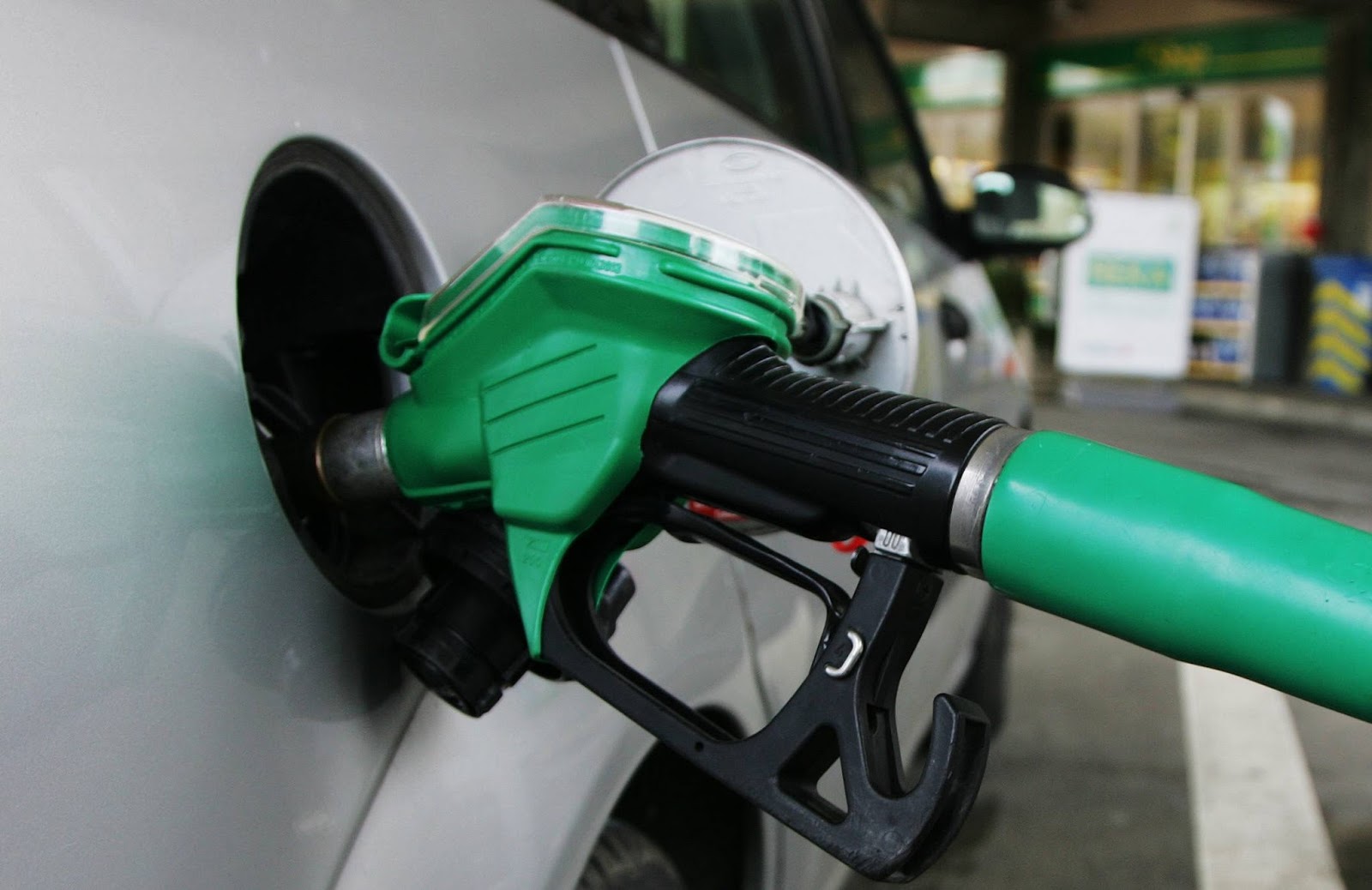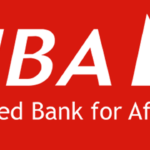While waiting for the nation’s independence anniversary broadcast by President Muhammadu Buhari, on Thursday morning October 1, 2020, I stumbled at a statement by Sheikh Mohammed Bin Rashid Al Maktoum, Vice President and Prime Minister of the United Arab Emirate and Ruler of Dubai, where he stated thus; “God blessed UAE with a leadership of achievers, not egotists.
When we compare our development experience in the United Arab Emirates with others, we find that there are some leaders who destroy their countries, while others promote the status and prosperity of their people. Our leaders walk down the street without armoured cars and a large entourage of cars and motorcycles because they are not afraid of their people – they are one with them. They feel and understand the pulse of the man in the street. With such a close and deep relationship between the leadership and the people, any decision taken by the former will be in the interest of the latter. This is the basis of a true vision – it is in the interest of the people.’’
To be sure, I listened afterwards with real curiosity to Mr. president’s broadcast while reflecting on the above. Placing side by side Al Maktoum words with the content of Mr president’s broadcast to understand more fully the essential ingredients of leadership foresight and objective. In the end, not only did the analysis assisted me in assessing their priorities but further clarified the age-long belief that the interest, ‘subjects take in their leader does not lie in the leader’s physical and intellectual abilities, but lies rather in what he can add to their lots in life’.
Now, let’s be clear about what happened; President Buhari during the broadcast among other things declared; in the circumstances, a responsible government must face realities and take tough decisions. Petroleum prices in Nigeria are to be adjusted. We sell now at N161 per litre. A comparison with our neighbours will illustrate the point; Chad, which is an oil-producing country charges N362 per litre; Niger, also an oil-producing country sells 1 litre at N346; In Ghana, another oil-producing country, the petroleum pump price is N326 per litre; Further afield, Egypt charges N211 per litre. Saudi Arabia charges N168 per litre. It makes no sense for oil to be cheaper in Nigeria than in Saudi Arabia.
Clearly, Buhari’s view/arguments are well understood but not without difficulties. And it will be naïve of this piece proceeding without spot incongruities while underlining his (Buhari) created ‘realities and the actual realities confronting the nation’.
To add context to the discourse, there is absolutely nothing wrong with comparing, admiring/copying other people/nation’s progress. Afterall, Tam-David-West encouraged humanity to appreciate and admire the success of those who have really succeeded and examples abound.
First and very key, it is documented that before World War 11, Japan copied its corporate system from the West. There were capitalists and labourers, haves and haves not. The big capitalists had come into being in the late 19th century as a direct result of the Meiji government’s determination to catch up with the strong western nations. Copying is by no means limited to Japan. When China discovered its potential to become a modern economy, it copied other nations by joining WTO to become integrated into the world with broad people to people contact.
Today, China has experienced a period of economic growth, the likes of which the world had never before seen. Its model blazes a new trail for other developing countries to copy and achieve modernisation as well as offers a new option for other countries and nations who want to speed up their development.
But there is a very big distinction to make.
In the present circumstance, there is a reason for concern that Mr. president’s recent comparison and the declaration that it makes no sense for oil to be cheaper in Nigeria than in Saudi Arabia, suggests that what the nation is experiencing is no longer the first half of a recurring circle but rather the beginning of something new. And if we fail to change this mindset, chances are that we may as a nation continue in this thought system that allows poverty, powerlessness and economic stagnation to thrive.
It not only rings apprehension that the nation will continue to face new challenges. Rather, precisely Mr President’s ‘comparative analysis’, which for yet to be identified reason(s), was silent on the steps Saudi leadership is taking to reduce the cost of governance and improve the lives of its citizens. It again amplifies the claim by Nigerians with critical minds that if our founders could see the current state of their generation handiwork and access the quality of the present administration, they would be amazed at what leadership has become in the country.
At this point, it is important to ask; what suddenly informed the choice of Saudi Arabia as the benchmark for determining petrol pump price in Nigeria as against market forces earlier claimed by the federal government? Has President Buhari forgotten that unlike Nigeria, small scale businesses in Saudi Arabia are not petrol dependent for their daily operation and the masses not preoccupied with buying of fuel for their cars and generators as Saudi Arabia is blessed with stable electricity and efficient transportation network?
At the moment, this is what this piece is proposing.
If we must copy, let the federal government of Nigeria first copy the fact that Saudi Arabia, going by reports, is dotted with the following refineries (government and private), all producing in various installed capacities and replicate same here at home; Riyadh Refinery 120,000 bbl/d (19,000 m3/d), Rabigh Refinery, 400,000 bbl/d (64,000 m3/d), Jeddah Refinery, 100,000 bbl/d (16,000 m3/d), Ras Tanura Refinery 550,000 bbl/d (87,000 m3/d), Yanbu’ Refinery,225,000 bbl/d (35,800 m3/d), Yanbu’ Refinery (SAMREF) (Saudi Aramco/Exxon Mobil), 400,000 bbl/d (64,000 m3/d), Jubail Refinery (SATORP) (Saudi Aramco/Total), 400,000 bbl/d (64,000 m3/d), YASREF Refinery (Yanbu, KSA) (Saudi Aramco/Sinopec), 400,000 bbl/d (64,000 m3/d), Jazan Refinery (Saudi Aramco, opens 2016), 400,000 bbl/d (64,000 m3/d), Jubail Refinery (SASREF) (Saudi Aramco/Shell), 305,000 bbl/d (48,500 m3/d)
Jerome-Mario Utomi([email protected]), is a Lagos-Based Media Consultant.
Again, as a country that had in the past met with challenges Nigeria currently battles with, let Mr. President begin by asking Saudi Arabia how they ably got the International Oil Companies (IOCs) to build refineries in the country. And find out how their governments’ refineries function seamlessly, producing at their installed capacities unlike ours that gulped billions of naira without result.
Most importantly, as part of the 60th Independence gift to Nigerians, the federal government urgently needs to understand why leaders in UAE can walk down the street without armoured cars and a large entourage of cars and motorcycles without being afraid of their people . This is the crux of this piece.

 Join Daily Trust WhatsApp Community For Quick Access To News and Happenings Around You.
Join Daily Trust WhatsApp Community For Quick Access To News and Happenings Around You.

